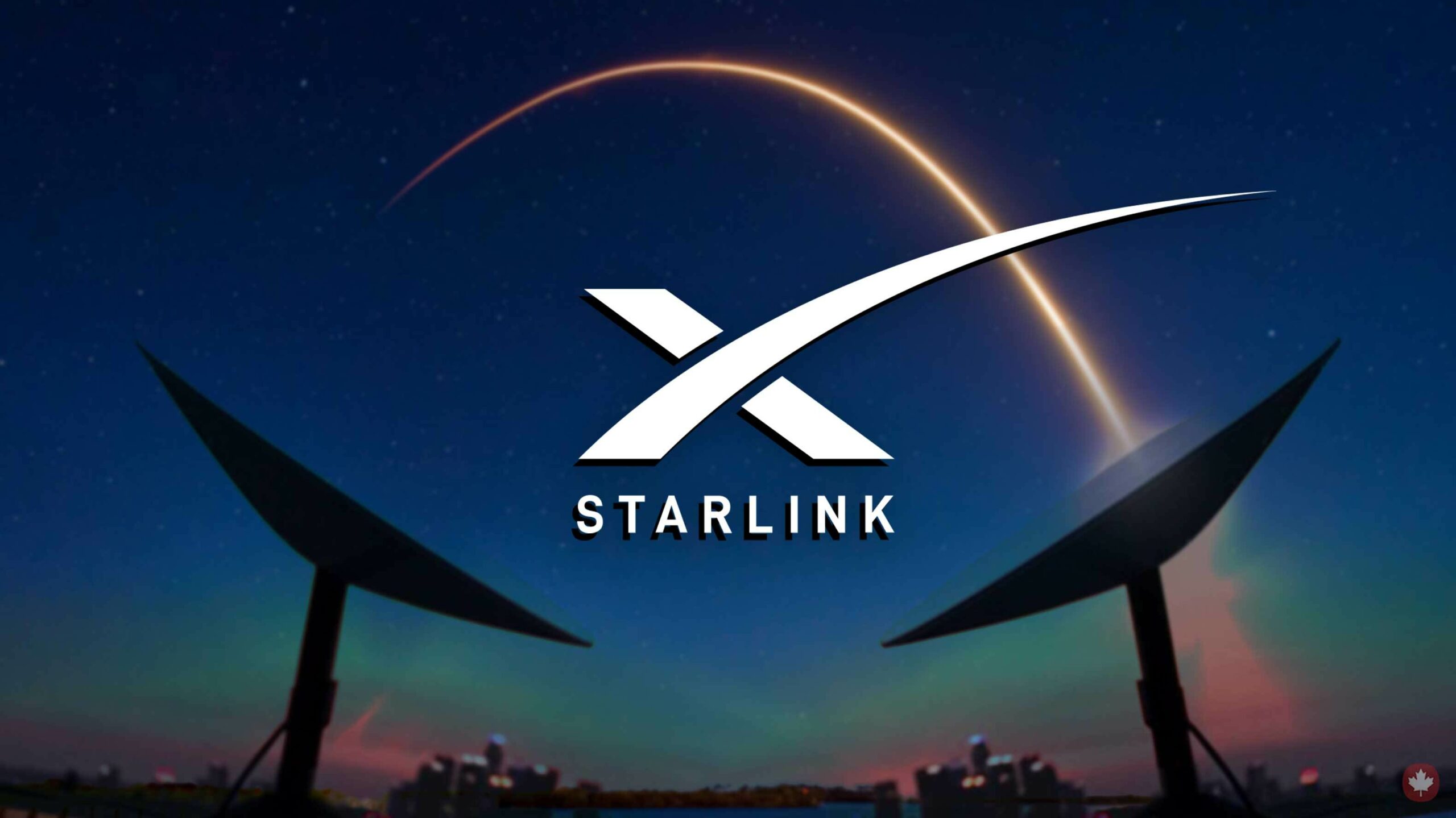SStarlink has officially rolled out its satellite internet services in Lesotho, becoming the country’s first satellite-based broadband provider. The launch comes after the Lesotho Communications Authority (LCA) granted a 10-year Network Service License, following a year-long regulatory review. It’s part of Lesotho’s strategy to expand digital access in underserved communities.
To enable Starlink’s entry, the LCA updated its licensing framework in January to accommodate low-earth orbit (LEO) networks. Starlink Lesotho (Pty) Ltd—SpaceX’s local entity—is now authorised to operate, making Lesotho one of over 20 African countries offering the service, alongside Nigeria, Kenya, and Zambia.
Affordable satellite Internet hits the Mountain Kingdom
Starlink’s hardware and subscription costs are relatively competitive. Its standard internet kit is priced at ZAR 7,400 (about USD 410), with a monthly subscription fee of ZAR 950 (USD 52). A smaller Starlink Minikit is also available for ZAR 3,800 (USD 211), offering flexible options for individual users and small businesses.
The government views Starlink as a key enabler of economic growth, education, and remote healthcare in rural areas. With limited traditional broadband infrastructure outside urban centers, satellite connectivity presents a fast-track solution to the country’s digital divide.
However, the rollout hasn’t been entirely smooth. Local telecom giants like Vodacom Lesotho have voiced concerns about Starlink’s lack of local ownership. During public consultations, Vodacom’s MD Mohale Ralebitso, argued that foreign operators should partner with domestic firms before being granted national access. Civil society groups echoed this view, warning the license could hinder local industry growth and economic participation.
Starlink’s struggles with African regulation
The controversy in Lesotho mirrors Starlink’s broader regulatory challenges across Africa. In South Africa, for example, the service remains unavailable due to strict telecom laws requiring 30% Black South African ownership. SpaceX has resisted compliance, prompting regulatory delays despite strong consumer interest.
To navigate this, Starlink recently proposed investing R500 million to connect 5,000 rural schools in South Africa, serving over 2.4 million students. It’s part of a wider lobbying effort to soften local equity requirements by introducing Equity Equivalence Investment Programmes (EEIPs).
In Lesotho, despite initial pushback, the LCA has stood firm. The authority believes that the long-term benefits of reliable, high-speed internet outweigh concerns over ownership. Starlink is expected to boost digital capacity, especially in mountainous and hard-to-reach areas.
As Lesotho embraces LEO satellite internet, it enters a new era of digital opportunity—but not without navigating the delicate balance between foreign investment and local empowerment. The LCA has committed to closely monitoring Starlink’s service delivery and compliance, ensuring that national connectivity goals are met without sidelining domestic interests.
















